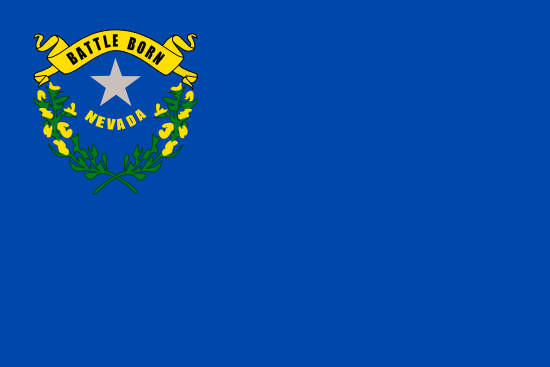Understanding Nevada Lemon Law
American car dealerships sell roughly 150,000 cars each year classified as lemons: cars with repeated, unfixable problems. Lemons can come from any manufacturer: Chevrolet, Nissan, Honda and almost every other manufacturer has built lemon vehicles over the years.

“Lemon laws” enacted across the United States help protect consumers who purchase defective vehicles and provide a legal procedure to compensate them for their losses. Additionally, a powerful federal law known as the Magnuson-Moss Warranty Act provides protection for consumers who purchase cars that are having problems and have an unexpired manufacturer’s warranty.
Nevada’s lemon law covers vehicles used to transport people or property upon a public highway.
The lemon law covers used vehicles, but does not cover motorhomes or off-road vehicles.
The Nevada lemon law extends coverage to Nevadans who purchase or contract to purchase a vehicle normally used for personal, family or household purposes. The lemon law further covers anyone to whom the vehicle is transferred during the vehicle’s warranty period, and anyone else entitled to enforce the warranty’s obligations. The lemon law does not cover consumers who lease vehicles.
Nevada’s lemon law covers vehicle “nonconformities.” The lemon law defines a nonconformity as any defect or condition that substantially impairs the use and value of the vehicle to the buyer. The lemon law does not cover any defect or conditions arising as a result of abuse, neglect or unauthorized modifications by the consumer.
The lemon law compels manufacturers to repair a vehicle that does not conform to all applicable express warranties. The consumer must report the nonconformity to the manufacturer within the warranty term or one year following the vehicle’s original delivery to the consumer, whichever comes first.
If the manufacturer can’t successfully repair the nonconformity, the Nevada lemon law mandates they must replace or repurchase the vehicle. However, the law also says the manufacturer must be allowed a reasonable number of attempts to repair.
Nevada’s lemon law defines a “reasonable number of attempts” as four or more attempts for the same problem without success. The lemon law also defines reasonable attempts to mean it is unreasonable for a car to be in service repair for 30 calendar days or more.
Think you have a lemon, click here to fill out a 60 second form.
The Nevada lemon law requires a manufacturer to repay the full purchase price of a nonconforming vehicle when repurchasing. The manufacturer must also repay all sales taxes, license fees, registration fees and other similar governmental charges. The manufacturer can withhold a reasonable allowance for the consumer’s use of the vehicle. That allowance is calculated based on the amount of miles driven before the first report of nonconformity to the manufacturer.
Nevada’s lemon law requires manufacturers to provide a comparable vehicle when replacing a nonconforming vehicle. The vehicle must be of the same model with the same features. If such a vehicle can’t be delivered to the consumer within a reasonable time, a comparable vehicle must be provided that is substantially similar. The reasonable allowance for use does not apply to a replacement.
The Nevada lemon law’s provisions covering refund or replacement don’t apply until the consumer has first resorted to an “informal dispute settlement procedure,” i.e. arbitration. In some instances, arbitration can allow for a faster resolution of conflicts between consumers and manufacturers. Arbitration hearings usually last only one day, and take place in a much less formal setting than a court. Consumers should bring all documents relating to the vehicle and the repair process, including the letters exchanged with the manufacturer. They should also arrange for witnesses to appear at the hearing, including friends who have witnessed the vehicle’s problems.
However, arbitration often ends with an outcome unfavorable to the consumer. The third party arbitrator may award the consumer with additional repair attempts, which doesn’t provide any remedy they didn’t have before. They may also decide to dismiss the claim, siding with the manufacturer. The law makes no mention of the ability to recoup attorney’s fees during arbitration. Fortunately, the federal Magnuson-Moss Warranty Act allows for consumers to sue for attorney’s fees alongside damage awards in court.
The manufacturer must abide by the decision of the arbitrator, while the consumer does not. If dissatisfied with the outcome, a consumer can bring civil action in court. By filing a claim under the Magnuson-Moss Warranty Act, Nevada consumers can hire lawyers who will represent them without the vehicle owner having to pay any attorneys’ fees directly out of their pocket. This is because the federal Act provides that the vehicle manufacturer shall pay the claimants’ reasonable attorneys’ fees if the claimant prevails against the manufacturer. Lemonlawusa.org encourages vehicle owners with a lemon to obtain legal counsel. You can bet the car manufacturers have legal counsel at the ready to help defend against lemon law claims both in arbitration and in court.
